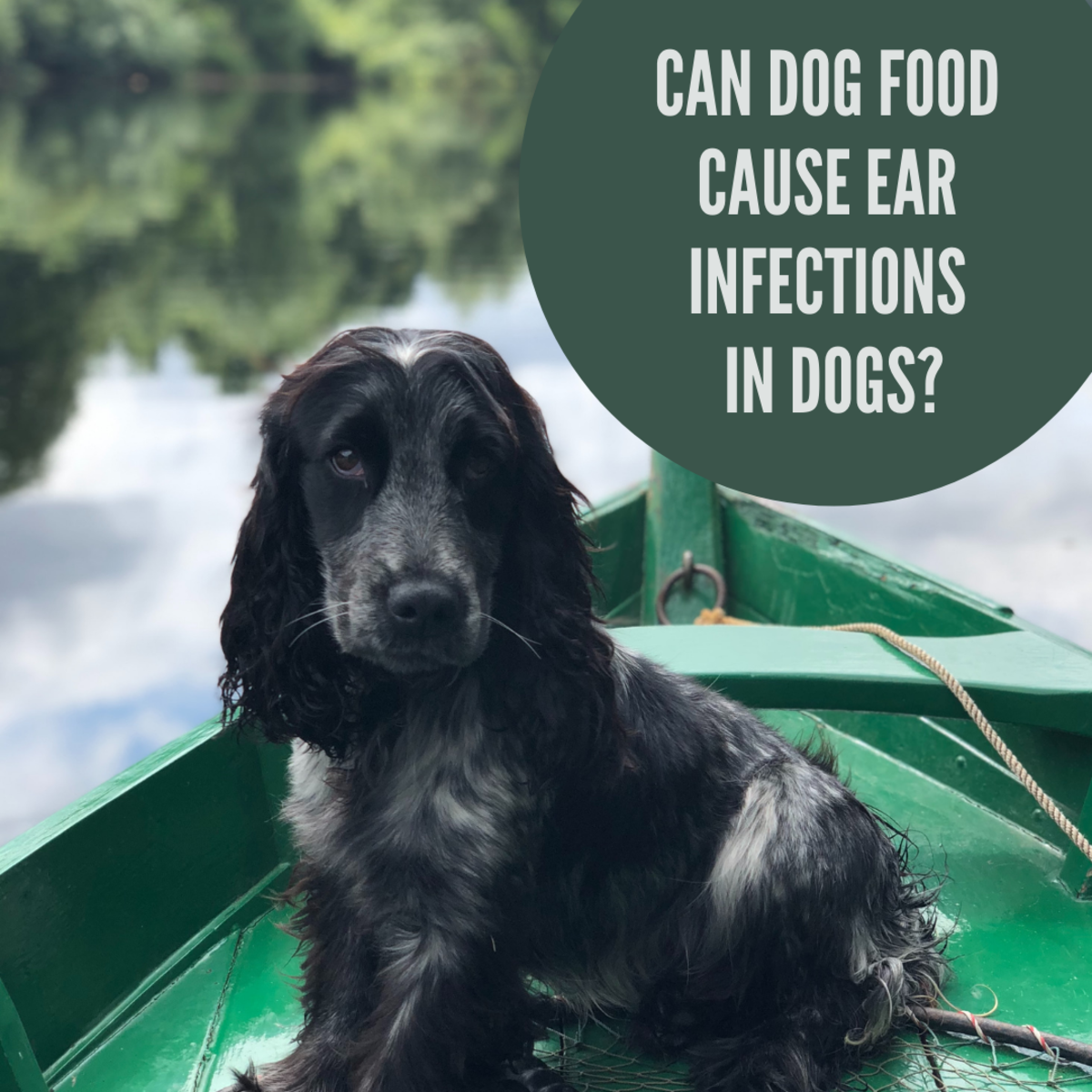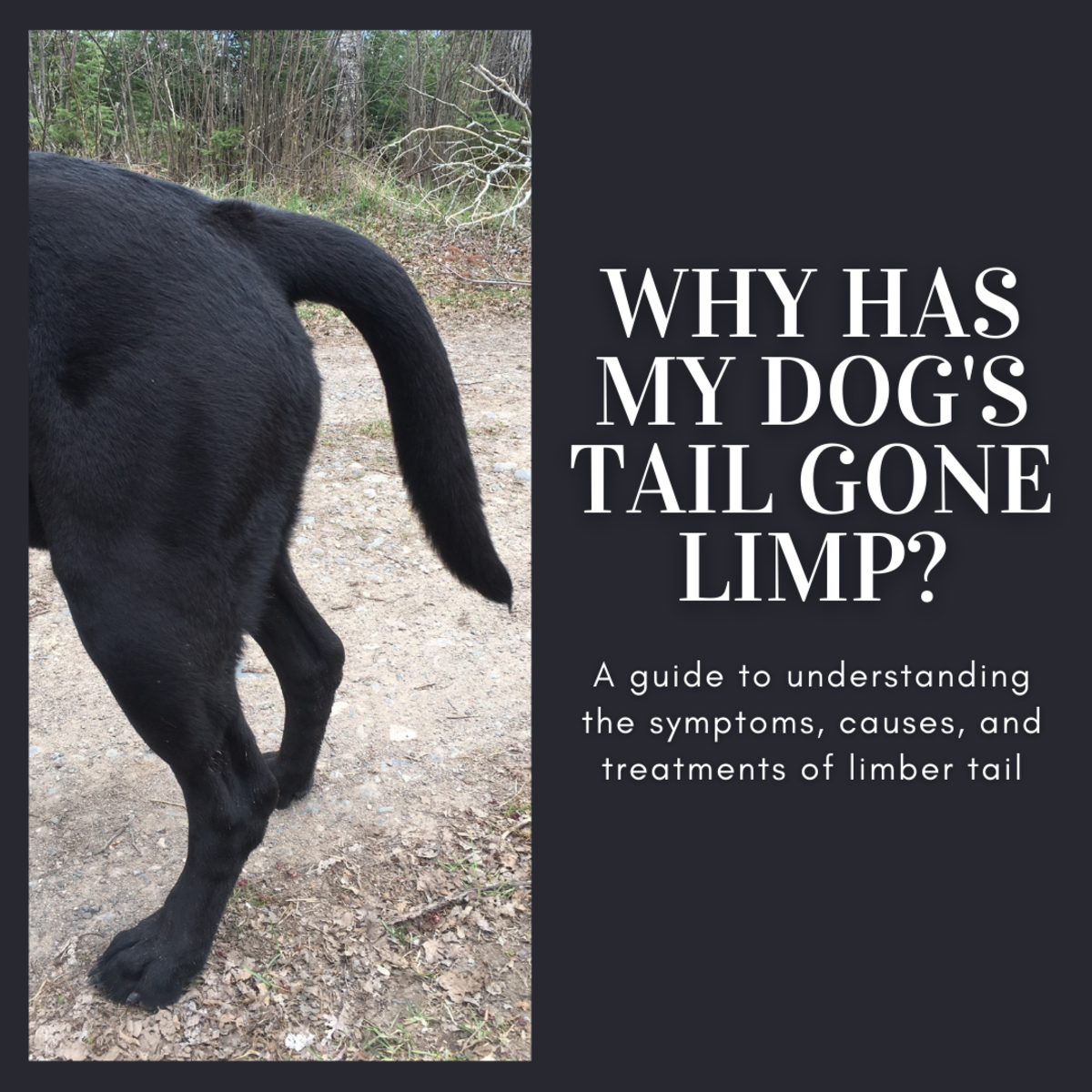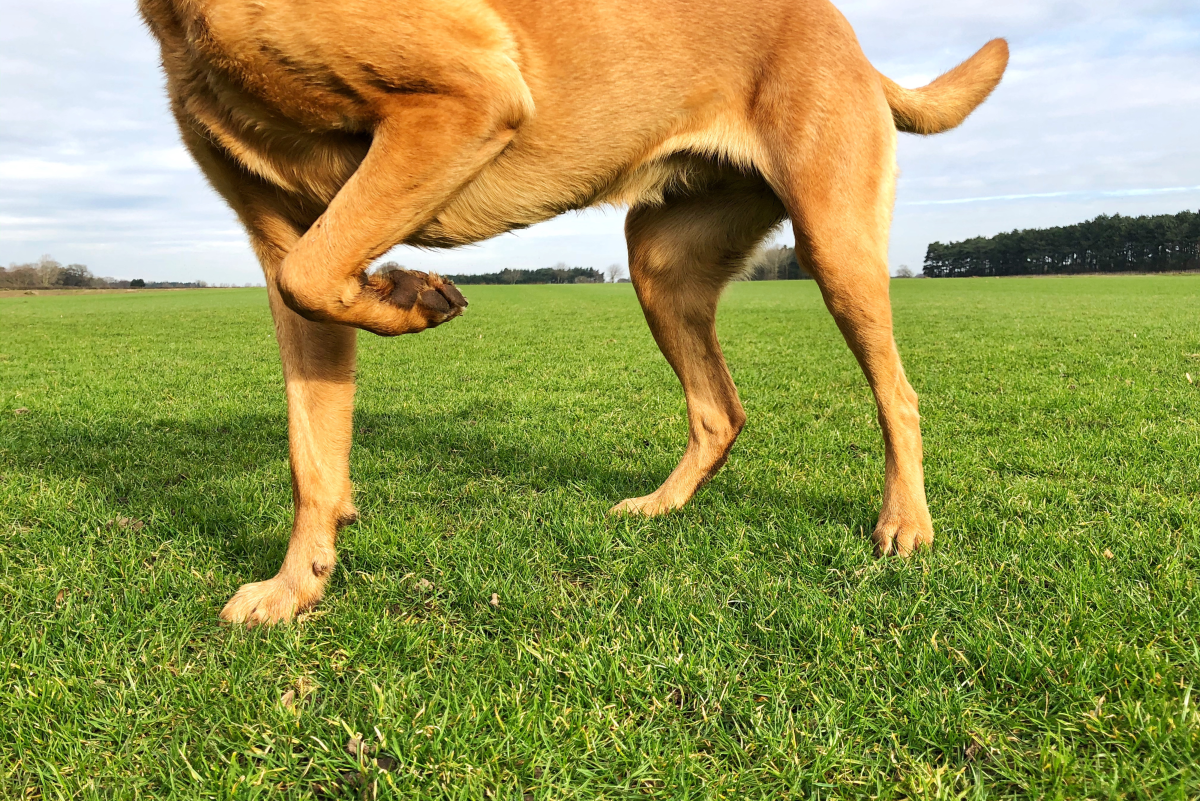Common Dog Health Problems - Dog Health
My Dog Doesn't Feel Well
Millions are spent on pets a year. That's tons spent on vet care, surgeries, and routine vaccinations, not to mention cancer treatment, bloodwork, and any other test or procedure that may come up.
But, what is important, is not the amount of money you spend on your dog, but that you catch the illness early. The earlier that you notice your dog isn't feeling well, the less you'll pay and the quicker your dog will get better.
You want to make sure to pay attention to any changes in your dog's appetite, regular routines, and behaviors. Sometimes, even slight changes can be the que that something is going on with your do.

- Ear Infections
Believe it or not, but your dog can get an ear infection, and it's actually quite common. Ear infections can be caused by allergies, yeast, ear mites, bacteria, or hair growth in the ear canal. Some dogs are even prone to developing ear infections because of their breed.
Signs of an ear infection may include:
- Head shaking or head tilting
- Ear odor
- Vigorous scratching
- Lack of balance
- Unusual eye movements
- Redness in or around the ear
- Swelling around the ear
- Brown, yellow, or bloody discharge from the ear
You can prevent ear infections by regular cleaning of the ears. You want to make sure to get all the dirt out of the ear. Also, avoid getting water into your dog's ears during baths and grooming.
-
Worms
There are many types of worms that dogs are prone to, which may include tapeworms, roundworms, hookworms, whipworms, and heartworms. Worms can make your dog quite uncomfortable, and can even be fatal if they are not treated.
Signs of worms may include:
- Diarrhea
- Weight loss
- A change in appetite
- A rough, dry coat
- Scooting the butt on the floor
- Bloating
It can be hard to prevent some type of worms, as dogs will alwasy do dogly things, but your vet can easily diagnose and treat parasites when caught early.
- Fleas
Fleas are very common, even more so with dogs that spend more time outside than in. On flea can cause serious reaction in dogs that have flea allergies, and in others discomfort ranging from mild to severe. Your dog can contract various illnesses from fleas, to include tapeworms and even anemia,
Signs of fleas may include
- Excessive scratching, licking, or biting at the skin
- Hair loss
- Hot spots
- Allergic dermatitis
- Tapeworms
- Flea dirt in your dog's coat (small black dots)
Consider using a flea preventative such as a topical prevention or a pill.

- Hot Spots
Anything that can make your dog scratch or chew and left untreated can grow into a hot spot. That doesn't mean to have your dog treat for a slight itch, but a constant and persistant one, may be of concern.
Signs may include
- Area of skin without hair
- Reddened area
- Swelling
A vet can tret a hot spot with an ointment or antibiotic.
-
Vomiting
Vomiting can be caused by numerous health conditions from an infection, poisoning, kidney failure, etc.
Signs of a problem may include:
- Abdominal heaving
- Drooling
- Diarrhea
- Lethargy
A vet will need to diagnose what is causing the vomitting in order to treat it. If your dog is vomitting, you will want to be leery of dehydration.
- Diarrhea
Diarrhea can be caused by stress, infection, parasits, and food allergies. Diarrhea can lead to dehydration, so if your dog cannot seem to clear up the diarrhea within a day or so, you will want to see a vet.
Symptoms are clear:
- Loose stool
- Water
- Bloody stool
- Loss of appetite








